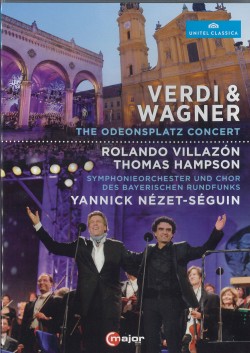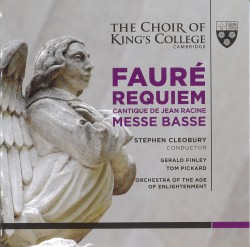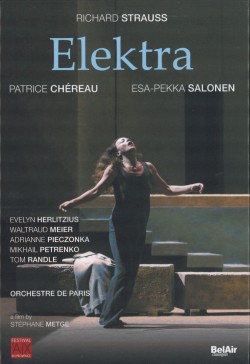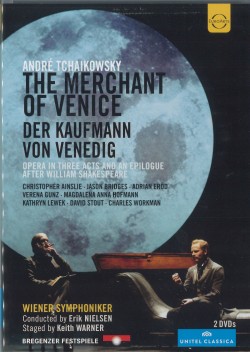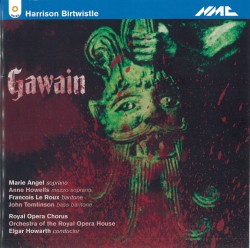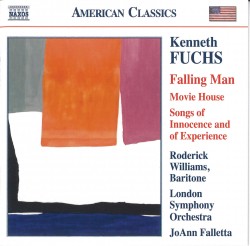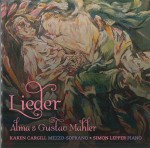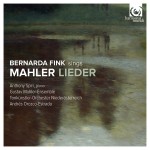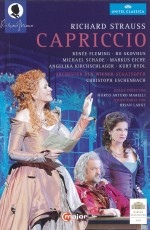Schoenberg – Moses und Aron
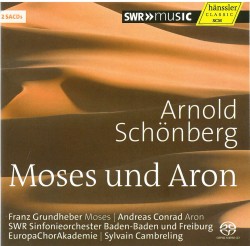 Schoenberg – Moses und Aron
Schoenberg – Moses und Aron
Franz Grundheber; Andreas Conrad; SWRSO Baden-Baden und Freiburg; Sylvain Cambreling
Hanssler Classic 93.314
Arnold Schoenberg’s self-authored libretto for his dodecaphonic biblical spectacular Moses und Aron (the latter protagonist is intentionally respelled so that the title contains exactly 12 letters) calls for the on-stage appearance of rape, murder, butchery and camels. (Take that, Verdi!) Though he intended the work to include three acts, the composer completed only the first two from 1930 to 1932. In essence however the work is closer in spirit to an oratorio and is often effectively presented as such. Recordings of Moses have been slow but steady following the composer’s death in 1951, with about a dozen available in various formats. What has kept this opera in the shadows (it was not staged in this hemisphere until the Metropolitan Opera presented it in 1999) has less to do with the lurid scenario than the extensive and hugely demanding choral writing – the most recent staging in Wales saw the chorus rehearsing the work for some 18 months.
I consider the true stars of this new recording to be the members of the elite EuropaChorAkademie who have thoroughly mastered the score with spectacular results. In the lead roles the magisterial Franz Grundheber makes a lasting impression in the half-sung, half-spoken interpretation of the tongue-tied Moses and is effectively paired with the forceful Heldentenor of Andreas Conrad as his eloquent spokesman Aron. The French conductor and new music specialist Sylvain Cambreling leads the SWR radio orchestra (sadly scheduled to be dissolved in 2016) in a finely balanced and lucid account of the score miraculously cobbled together from no less than four different performances in as many venues during a 2012 European tour.


